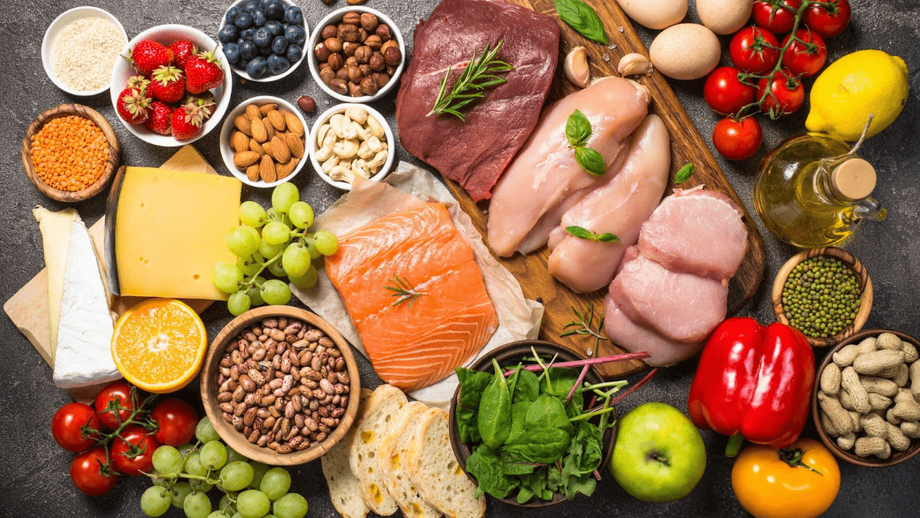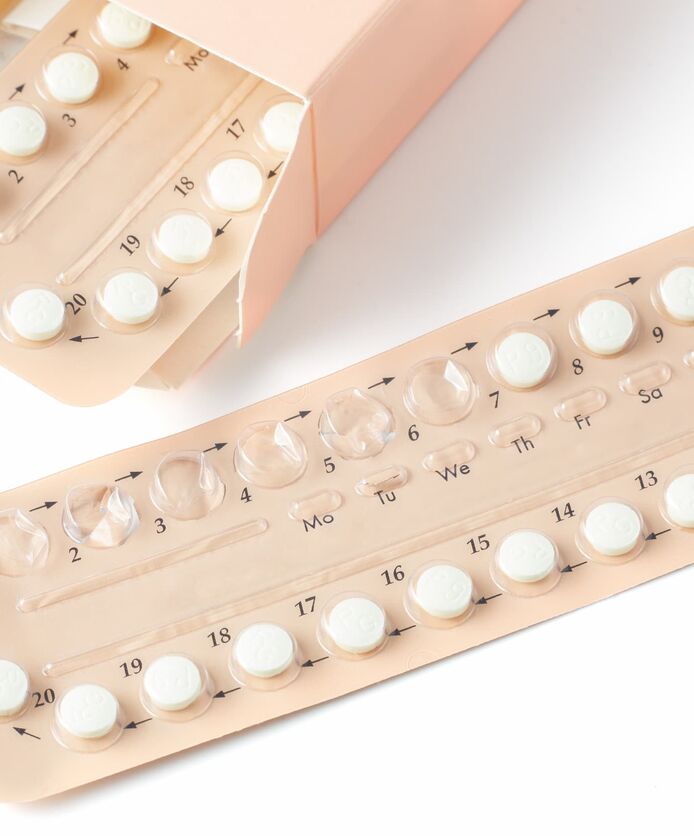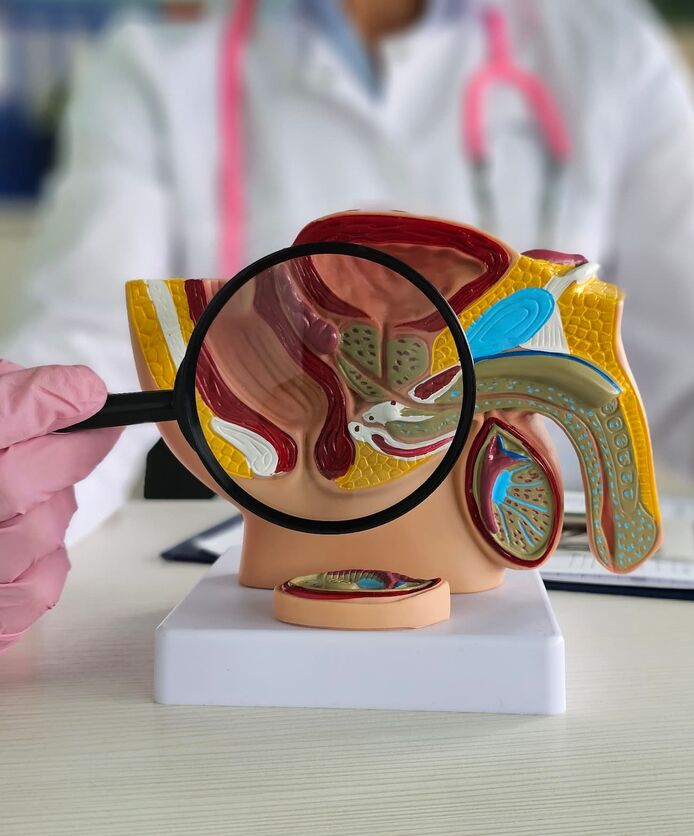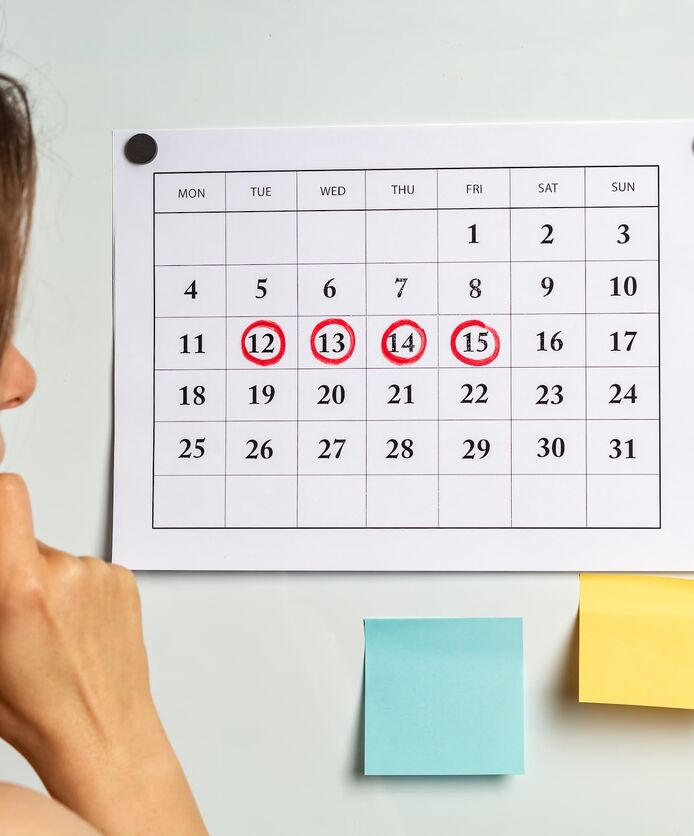How many calories should you consume for weight loss?

In theory, the net amount of weight you gain is based on the relationship between how many calories you consume and how many calories you burn. Therefore, if you consume more calories than you burn, you’ll gain weight, and if you consume fewer calories than you need, then you’ll lose weight.
In reality, things are a little more complicated than that, but this basic equational thinking can help you to make progress in your weight management journey. While factors such as genetics and underlying health conditions can contribute towards obesity and being overweight, eating healthily (to reduce the number of calories you consume) and exercising regularly (to increase the number of calories you burn) is still the best method to begin losing weight. It’s important to try these methods first before accessing weight loss treatments, as a healthy diet and exercise regimen is key to these medications’ success.
Here, we’ll focus on reducing the number of calories consumed, looking at what your goals should be and how you can work towards achieving them.
What calorie deficit is recommended for weight loss?
‘Reducing calories’ is a starting point, but if you’re serious about losing weight, you probably want a more specific goal to work towards. To begin with, it’s a good idea to find out how many calories you typically consume in a day. You can do this by making a food diary where you note down everything you eat and drink for a week.
Accessing information on how many calories are in a certain food can be tricky. Some restaurants provide this information on their menus, and most things you buy in the supermarket will have calorie information provided to help you out. For everything else, it’s fine to use estimates on health apps and websites - the important thing is to get a rough idea, rather than worrying about being absolutely accurate.
For reference, a typical physically active male needs around 2,500 calories a day to maintain a healthy weight. For a physically active woman, this figure is closer to 2,000. If you already consume a higher amount than this a day, then your first goal should be to reduce your intake down to this figure to limit the amount of weight you’re putting on.
In order to lose weight, you’ll need to enter a calorie deficit - in other words, you need to consume fewer calories than you burn. The NHS recommends that to do this, you should reduce your intake by 600 calories in a day. Therefore, a man should consume roughly 1,900 calories, and a woman should consume around 1,400 calories per day.
Of course, calorie consumption isn’t the only problem. It’s also wise to consider upping your physical activity levels, particularly if you’re getting less than 150 minutes of moderate exercise per week (the amount recommended by the NHS).
If you’ve been trying to lose weight for a while by consuming less and exercising more, but haven’t seen significant progress, then you may benefit from weight loss treatments. These medications, such as weight loss pills and weight management injections, can help to improve your weight loss alongside a healthy diet and exercise regimen so you can achieve a healthier weight.
What to eat for weight loss
Knowing how many calories to consume is one thing, but it can be a little trickier to understand how you can put that into practice. After all, most of us don’t stop to measure out how many calories are in a meal before we cook or eat it.
Mindfulness, though, can be a helpful first step. Just having it in your mind that you are trying to lose weight and consume fewer calories can help you to gradually cut down on snacking and start serving yourself smaller portions at mealtimes. It can also be helpful to take a look at the packaging for the foods you consume and note the recommended portion size. It can be easy to accidentally eat more than we need just because we find that particular food tasty and enjoyable.
Another helpful practice can be to think more carefully about the meals you’re cooking and what they contain. The advice to eat at least five portions of fruit and vegetables a day is fairly well known, but it can feel overwhelming if you’re not used to doing so already. However, if you plan out your meals in advance, it can be easier to incorporate fruit and veg into breakfast, lunch, dinner, desserts and even snacks to make it more manageable.
Consuming fewer calories can also be about making swaps to your meals, rather than cutting things out altogether. For example, while shopping you might notice sugar-free yoghurts and jellies, reduced fat meat products and reduced salt sauces. These can all help you to enjoy the foods you love while reducing the amount of calories you consume.
Take some time to think about the things you eat and drink and consider how these guidelines can help you. On top of that, here are a few specific tips that can help:
- Reduce the amount of sugar you have in tea or coffee by half a teaspoon
- Measure out portions of pasta, rice and spaghetti before cooking
- Switch from white bread to wholemeal
- Add at least one fruit or vegetable to each meal
- Choose tinned fruit that comes in juice rather than syrup
- Replace sugary drinks with no-added sugar alternatives
- Reduce your alcohol intake.
These simple changes are relatively easy to do for the majority of people and, along with other weight management techniques, can make a big difference when you’re trying to lose weight or avoid putting it back on. Remember, weight loss doesn’t mean you can never have the foods you love. It just means you change the way you have them.
For more information and advice on losing weight in a healthy and sustainable way, get in touch today.
Sources:
- https://www.nhs.uk/better-health/lose-weight/calorie-counting/
- https://www.nhs.uk/conditions/obesity/causes/
- https://www.nhs.uk/conditions/obesity/treatment/
- https://www.nhs.uk/live-well/healthy-weight/managing-your-weight/understanding-calories/
- https://www.nhs.uk/healthier-families/food-facts/healthier-food-swaps/

Which contraceptive pill is best?

How to get rid of flu

What causes erectile dysfunction?

What are the symptoms of flu?

How to delay your period

